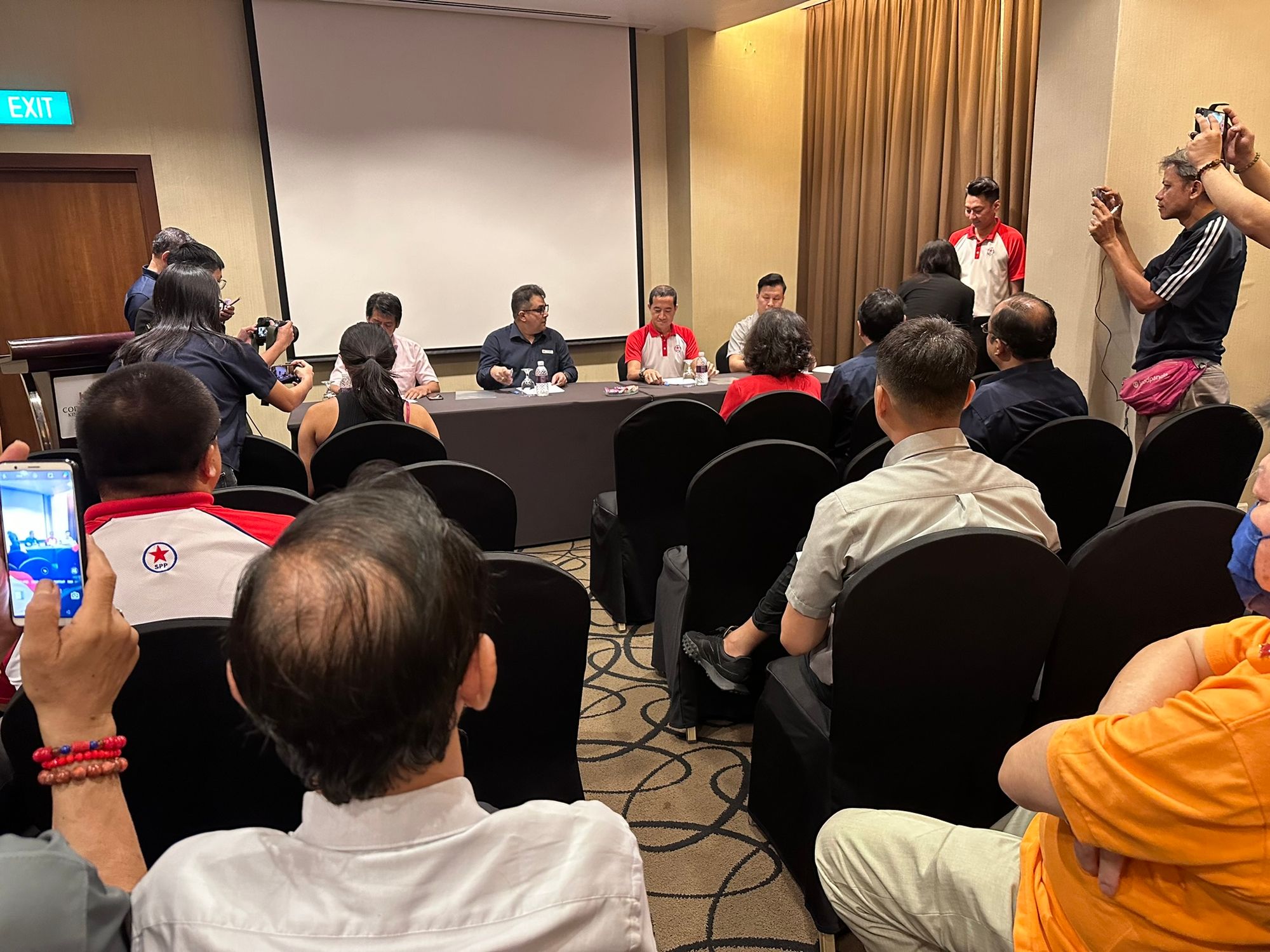Sending out a special issue to Milo Peng Funders on the heels of the wrap this morning. I couldn't include this in the wrap since it happened this afternoon, but decided not to hold it to next week's wrap, so here we are!
It is a “uniquely Singapore” feature of politics that you attend an event organised by opposition political parties and they are quick to assure you, unprompted, that they're not looking to form the next government. It’s a feature that distorts local understanding of the raison d’être of a political party, but it’s just how things are in this country at this point in time. The ruling People’s Action Party is so dominant, so much a fixture in Singaporeans’ political imagination after over 60 years in power, that it’s not considered good strategy for an opposition party to make big declarations about taking over. Much better to focus on the more resonant message of providing some alternative under PAP hegemony.

That’s what leaders of the National Solidarity Party, Red Dot United, Singapore People’s Party and Singapore United Party emphasised this afternoon when they gathered to sign a memorandum of understanding to work together as The Coalition. “I think, in this stage of our democratic growth, Singapore is not ready to have a change of government,” said Ravi Philemon of Red Dot United (RDU). “The intention of this coalition is not to push for a change in government but to push for more checks and balances.”
